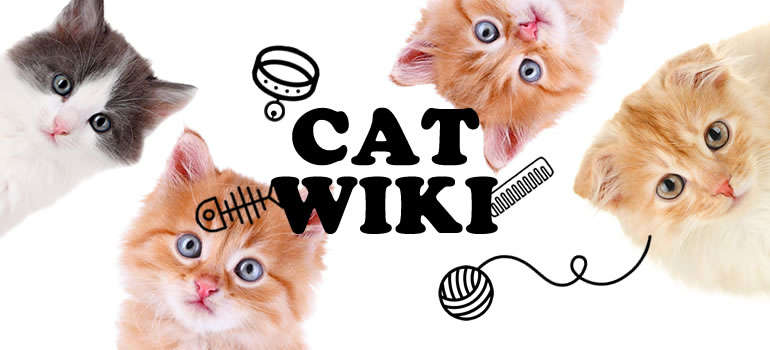Two recent pieces of news have drawn ire from the animal community – that of Leow Wei Liang who slashed and harmed over 10 community cats, and the case of Clement Chia who abused his dog for over a year.
Leow’s case: https://www.straitstimes.com/singapore/community/animal-lovers-not-happy-with-12-week-jail-sentence-for-ang-mo-kio-cat-slasher
Chia’s case: https://www.channelnewsasia.com/singapore/poodle-abuser-clement-chia-tian-xiang-punching-dog-2228186
In both cases, the Singapore Courts have found the individuals guilty of their respective charges and sentenced them to varying jail terms – 12 weeks in the case of Leow and 8 months in the case of Chia, and both received a 12 month disqualification order under Section 43B of the Animals and Birds Act. A disqualification order disqualifies a person from owning any animal or any class of animals for the period of that order.
In Leow’s case, more than 10 community cats were hurt with mild to severe slashes across their body and all required treatment and posed a heavy burden on their caregivers. In Chia’s case, the dog was removed from his care and given to his ex-girlfriend.
Singapore does not have many cases of animal abuse / cruelty that have made it through the court process. This is not because we have few cases of animal abuse / cruelty. In fact, AVS has reported that it has investigated 1200 cases of alleged cruelty and abuse cases each year since 2017 (https://www.straitstimes.com/singapore/politics/1200-alleged-animal-cruelty-and-abuse-cases-investigated-each-year-since-2017). Approximately 260 cases were related to animal cruelty, while the rest involved pet owners who failed in their duty of care. Only 22 cases of animal abuse have been prosecuted in the last 5 years (https://www.channelnewsasia.com/watch/22-people-convicted-animal-abuse-singapore-past-5-years-video-1863031)
This begs the question of why. A lack of evidence has been cited as one reason, and the nature of the victims, specifically their inability to speak, the other. Only the first may be overcome through extensive education of the public on how to react to such cases, how to report them and how to assist in evidence gathering.
This means that it is extremely important for the law to deter such offences from even occurring. The current maximum jail term for charges of cruelty are (a) a jail term not exceeding 18 months or a fine not exceeding $15,000 or both for a first offence and (b) a jail term not exceeding 3 years or a fine not exceeding $30,000 or both. These sentences were increased with effect from 2015. The maximum length of time for the disqualification order is 12 months.
There have been many calls to increase the jail term and the quantum of the fines to serve as a deterrent. To the best of our knowledge, there is no case yet in which the maximums sentences/fines have been imposed. As the full length of these terms and quantum have not been tested, we do not know what in the Court’s view is so heinous as to warrant the maximum jail/fine penalties.
What we do know is that a disqualification order of 12 months is blatantly insufficient and lacking as even a practical deterrent to any animal abuser. In Chia’s case for instance, it would mean that he can own another animal shortly after he is released from jail and in Leow’s case, he could procure a pet instead of targetting community cats. It is clear that the disqualification order is of limited, if any, use as a deterrent.
Where the disqualification order fails as a deterrent, it could still be a useful tool to prevent the same individuals from harming other animals after they serve their sentences. This will help protect voiceless animals for an even longer period of time.
CWS proposes a two-pronged approach:
(a) the disqualification order be increased to a minimum of 60 months (5 years) and a maximum of a lifetime-disqualification; and
(b) more powers should be granted to the investigation officer or other appropriate authority together with a mental health practitioner (where necessary and at the Court’s discretion) to regularly check-in with the freed individuals to assess their mental state.
It should be open to the said authority and mental health practitioner to recommend the term of the disqualification order either be increased or even decreased if appropriate.
We take the view that the 5 year period of follow-up provides the authorities sufficient time and data to establish a pattern of behaviour or make meaningful observations as to the mental state of the freed individual and their ability to own a pet. Given that only approximately 25 individuals have been prosecuted for animal abuse or cruelty over the past 5 years, there should not be any significant strain on the public service officers even if the disqualification term is extended or the officers are required to conduct routine check-ins. It will also assist in preventing or quickly catching on to repeat offenders such as David Hooi (reproduced article at http://singaporecommunitycats.blogspot.com/2010/04/serial-cat-killler-of-bedok-north-david.html)
We will be approaching the relevant authorities with our proposal in due course.
Update as at 14/10/21: We have written to MP Louis Ng who represents the
Nee Soon Group Representation Constituency with our proposal. He has graciously agreed to raise the following query for November 2021:
“To ask the Minister for National Development whether the Ministry will consider increasing the period a person is disqualified from owning any animal or any class of animals from the current maximum of 12 months under section 43B of the Animals and Birds Act.”

